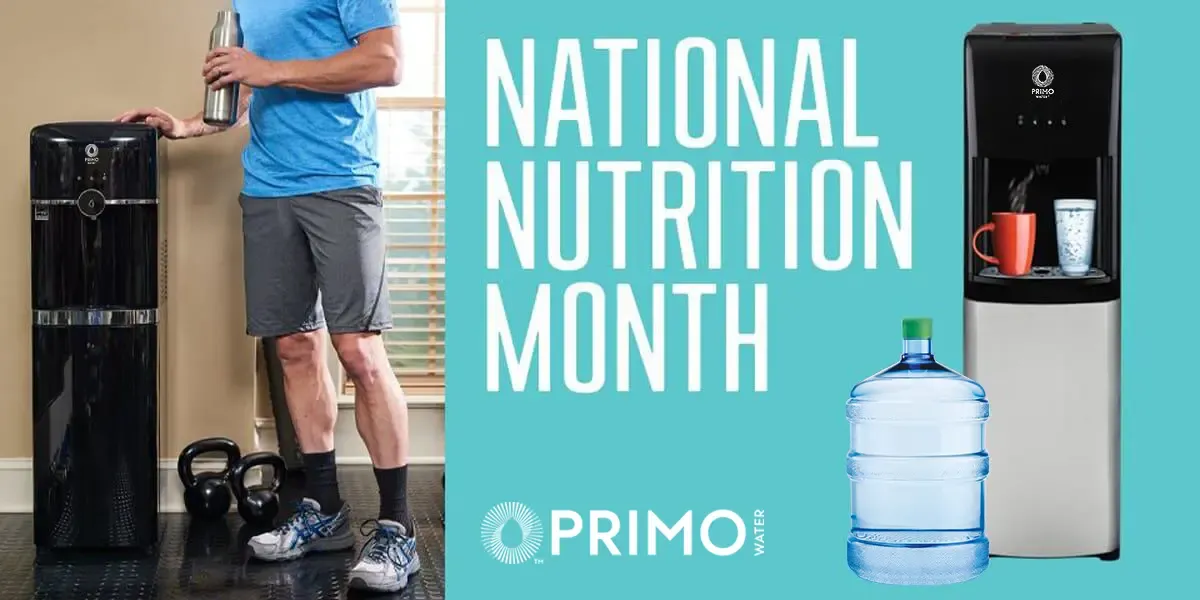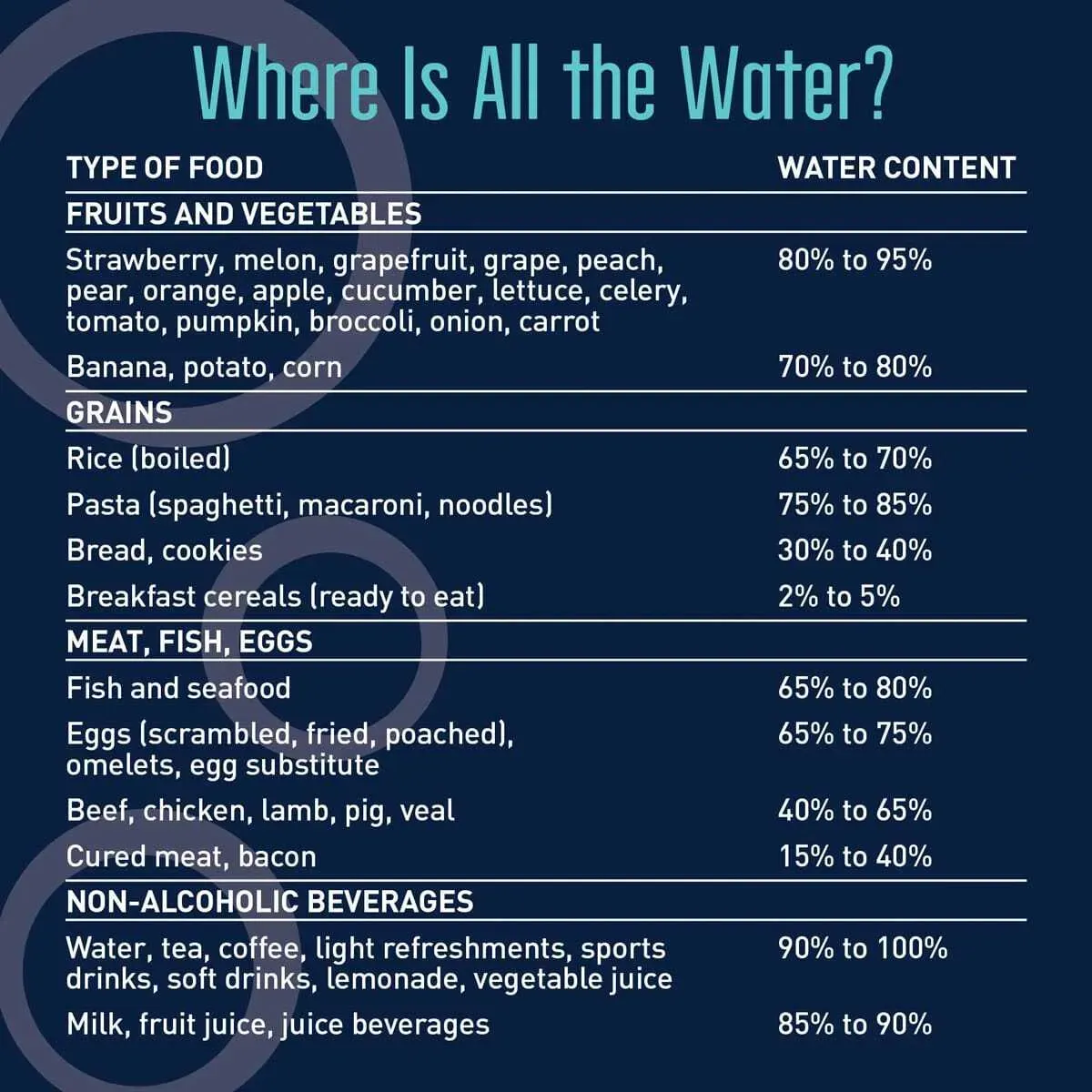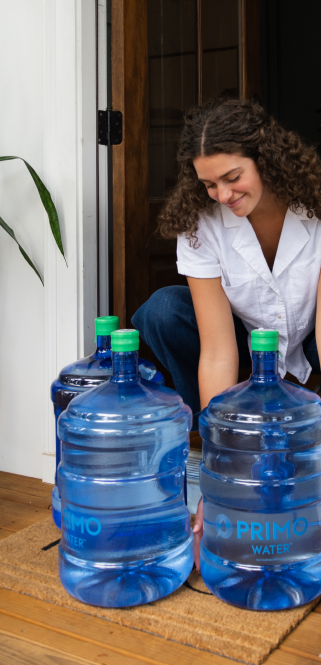
Water’s Impact on Your Nutrition
Did you know that it is National Nutrition Month? Every year in March, the Academy of Nutrition and Dietetics embarks on a campaign to educate the public about healthy nutrition. Sadly, this year’s theme, “Personalize Your Plate,” has us feeling a little left out. After all, water is a big part of a healthy diet.
Yet, it is true, water isn’t often found on your plate. Or, is it? Let’s find out a little bit more about water, nutrition and your diet.
HOW DOES WATER INTAKE IMPACT YOUR NUTRITION?
As the campaign title illustrates, water is not the first thing that people think of when discussing nutrition. That’s because we tend to associate nutrition with diet – specifically, the eating of solid foods. And we see solid foods as kind of an opposite to water.
But we really shouldn’t – because there is water in many of the thing we eat. That’s especially true if you’re making a conscious choice to eat healthy. Fruits, vegetables, greens… pretty much anything that grows contains moisture.
And we know how important water is to our everyday health. It plays a vital role in helping your body regulate basic functions, including keeping a normal temperature, lubricating your joints, protecting your spinal cord and getting rid of waste. Water is also a major component of blood, and, as such, a necessary element in delivering nutrients to your body’s organs.
How else does water impact your nutrition? It can help you lose weight in your quest to achieve peak physical conditioning. Water contains zero calories, and drinking it is a healthy way to suppress your appetite between meals.

HOW TO GET YOUR WATER
Many experts provide a daily recommended amount of water intake in cups, glasses, or even, gallons or liters. The U.S. National Academies of Sciences, Engineering, and Medicine, for example, recommend the following:
11.5 cups a day for women
15.5 cups a day for men
The exact amounts in the recommendations vary from source to source. However, they are almost always given in liquid measurements.
This, of course, is a misleading way to present the information, because most people don’t consume their daily dose of water in its pure, undiluted form. In fact, the average person gets only 50% of their daily water intake from drinking water. The rest comes from other beverages (30%) and solid foods (20%).
So, take that into account when you’re formulating your weekly diet plans.
GREAT NUTRITION THROUGH THE PRIMO LIFESTYLE
Water is an important aspect of a healthy, nutritious diet. Keeping up great hydration habits is easier living the Primo Lifestyle. Get started today at www.primowater.com.




